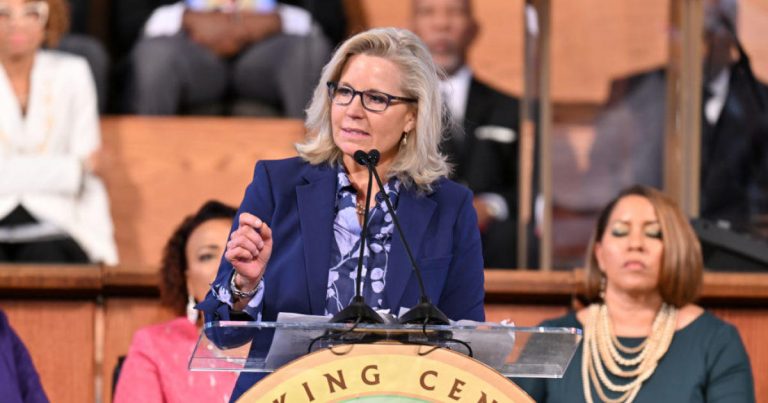Harris’ focus on maternal health care is winning over Black women voters.
Vice President Kamala Harris is garnering significant support from Black women voters, particularly due to her advocacy on crucial health care issues like maternal mortality, reproductive rights, and gun control. This surge in enthusiasm is expected to play a crucial role in Democratic turnout in key battleground states, potentially influencing the outcome of the election.
Historically, Black women have been a steadfast voting bloc within the Democratic base, playing pivotal roles in the election victories of former President Barack Obama and President Joe Biden. However, before Biden exited the race, his support among Black women had been dwindling, which raised concerns about turnout in swing states.
Following Biden’s departure, there has been a noticeable increase in Black voters’ support for Harris. In July, 64% of Black voters backed Biden, but by August, 77% were in favor of Harris, signaling a shift in momentum within the community.
The heightened support for Harris, particularly among Black women, has been evident in polling data, with voter turnout expected to be significant, especially in rural areas of states like Georgia, North Carolina, and Pennsylvania.
Organizations like Sisters Lead Sisters Vote, led by individuals like Holli Holliday, are working tirelessly to mobilize and engage Black women voters, emphasizing the importance of collective action in shaping the political landscape.
Issues like gun safety hold particular resonance for Black women voters, especially in states like Georgia, where recent tragic events have underscored the urgency of addressing gun violence.
In recent surveys, 82% of Black women expressed a favorable view of Harris, as compared to 67% just a few months prior. Additionally, there has been a significant uptick in the number of Black women expressing high motivation to vote, illustrating a strong sense of engagement and empowerment among the demographic.
While Trump has made efforts to court Black women voters, the overwhelming majority still align with the Democratic Party and its candidates. Only 8% of Black women voters believe the Republican Party better serves their interests, as per recent polling data.
Harris’ focus on health issues affecting Black women, such as maternal mortality, has resonated strongly within the community. Her advocacy for improved access to quality health care and initiatives to address racial disparities in health outcomes have garnered widespread support.
As a senator, Harris championed legislation aimed at improving maternal health, particularly for Black women, which dovetails with the Biden administration’s efforts to expand maternal health initiatives and combat bias in healthcare settings.
The Biden-Harris administration’s push to extend postpartum care and Medicaid coverage has been a significant step towards addressing the needs of vulnerable populations, including Black women. The expansion of postpartum Medicaid coverage in numerous states reflects a tangible impact on maternal health outcomes.
Gun violence prevention is another key issue where Harris’ stance resonates with Black women voters. Her support for policies like banning assault weapons and implementing universal background checks aligns with the priorities of many within the community, particularly in the wake of recent tragedies.
Black women leaders and organizations like Win With Black Women are actively mobilizing and engaging their communities to ensure robust turnout in the upcoming election. The collective enthusiasm and dedication towards effecting positive change underscore the significance of Black women’s voices in shaping the political landscape.
With turnout being a crucial factor in determining electoral outcomes, the support and engagement of Black women voters could prove instrumental in securing victory for Harris and the Democratic ticket in key battleground states.
As the election draws nearer, the spotlight on Black women’s influence and participation in the political process continues to grow, underscoring the critical role they play as a demographic with significant voting power and influence.








